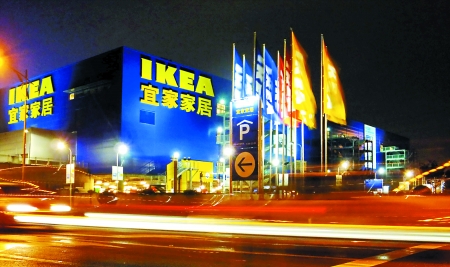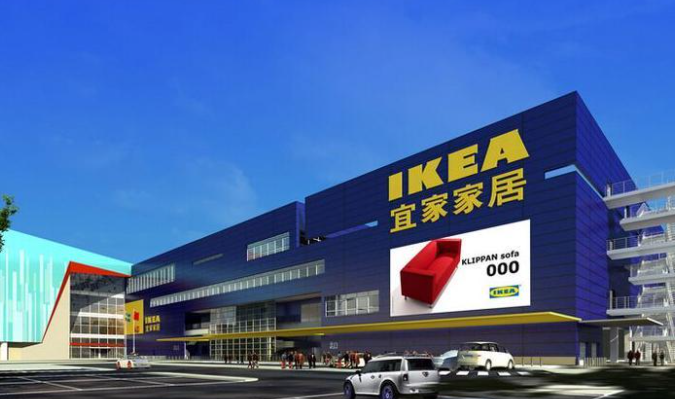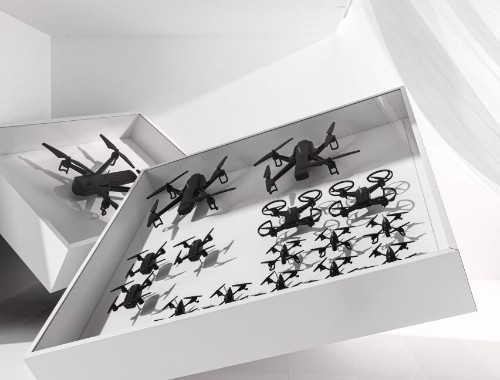Ikea under fire in China after limiting dresser recall to North America
Source:nytimes.com
The announcement last week by the Swedish furniture maker Ikea that it was recalling nearly 36 million chests and dressers in the United States and Canada that have been linked to the deaths of at least six children has set off heated discussions among Chinese consumers over being excluded from the deal and the relatively lax safety standards in their own country.

The announcement last week by the Swedish furniture maker Ikea that it was recalling nearly 36 million chests and dressers in the United States and Canada that have been linked to the deaths of at least six children has set off heated discussions among Chinese consumers over being excluded from the deal and the relatively lax safety standards in their own country.
The recall applies only to North America, where the children were crushed after the furniture tipped over on them. Customers who bought the furniture after 2002 are eligible for a partial refund. Ikea has said that the chests and dressers are safe when anchored to a wall as instructed with the supplied equipment, but its decision came after pressure from the United States Consumer Product Safety Commission to abide by voluntary industry standards for the stability of free-standing clothing storage units.
On Weibo, a popular social media platform in China, users complained about the limited scope of the recall.
“This discriminates against the Chinese people,” a person with the handle HappyLifeEverday wrote.
A user identified as CHING-ME wrote, “The sooner they close down the better! Let’s boycott Ikea now!”
China is Ikea’s fastest-growing market, and sales in China last year reached $1.55 billion. On weekends, Ikea stores in China are routinely packed with customers, some of whom even nap on the furniture displays.
But the recall has also prompted widespread calls for more stringent safety standards in the country.
“This is not discrimination by Ikea,” a user going by the name captain-laomei wrote on Weibo. “It’s that our country’s standards are too low — not just for furniture, but for manufacturing, food hygiene, agriculture, health, cars, the service industry, financial services and so on.”
China has experienced a series of consumer safety scandals, including melamine-tainted baby formula in 2008 that killed six children and sickened 53,000, dangerous levels of heavy metals in rice and ineffective vaccines. In recent years, China has begun strengthening automobile safety and manufacturing regulations after numerous automotive recalls.
“Chinese companies won’t raise their own quality standards, so you end up with two different standards, for inside the country and abroad,” a person identified as My Own Meow wrote on Weibo.
Ikea has said limiting the recall to North America was justified, since its products meet safety standards in China, the European Union and other markets.
“The chests and dressers conform to all local regulations and standards,” Xian Jiaxin, a company spokeswoman in Guangzhou, said in an interview.
Under Chinese standards, children’s furniture that is more than 60 centimeters high, or about 24 inches, must be able to be fastened to a wall and be accompanied by clear directions to do so, although many customers leave them unattached.
“We emphasize to customers that they must be fastened to a wall,” Ms. Xian said. She confirmed that the furniture recalled in North America was still sold in all of Ikea’s stores in China.
Last Thursday, the Shenzhen Consumer Council, a government agency, issued a statement calling for equal consumer protection and further investigations into the safety of the Ikea chests and dressers sold in China.
“The right to health is the most basic of human rights and should be subject to equal and nondiscriminatory protection in any country and place,” it said. “If products publicly recalled in North America are still being sold on the Chinese market, the Ikea Group must unconditionally recall these products.”
Ikea had not issued a response to the statement as of Tuesday.
“We are still undergoing internal communications about the council’s statement,” said Mark Peng, a company spokesman in Shenzhen. “I fully believe that we will implement an appropriate response after our internal communications are done.”
(Source: nytimes.com Author: EMILY FENG)





 沪公网安备31010402003309号
沪公网安备31010402003309号



